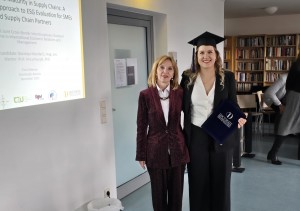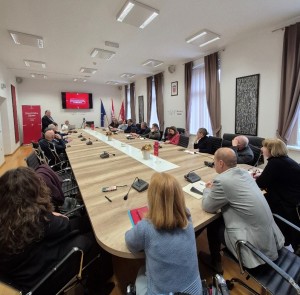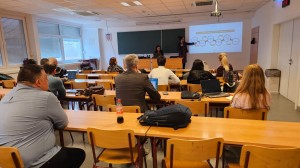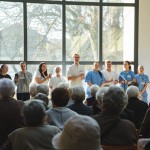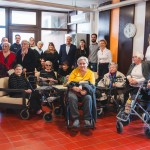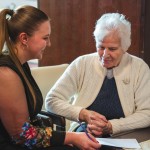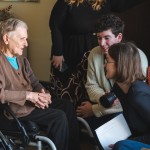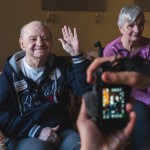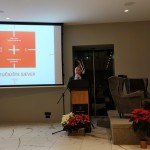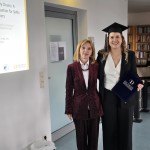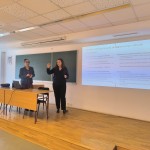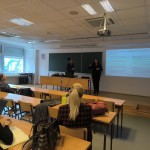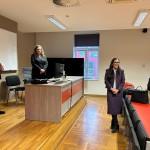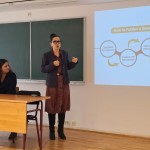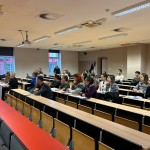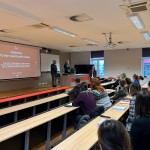|
The EduWire Daily Update offers readers a summation of the most critical news and trends in the higher-ed tech arena. It curates critical content for MOOC, Education Technology, Flip Classrooms, Learning Management Systems, Web 2.0, Pedagogy, Lecture Capture, Distance Learning, Classroom Audio, Classroom Video, Education Apps, Streaming, Control Systems, IT, and Security. |
| 1. |
Student-Source Mobile Apps to Stay Ahead of the Curve |
| |
via EdTech Magazine |
|
NASA recently occupied the headlines, not for a shuttle launch or moon walk, but for successfully crowdsourcing a test of the Robonaut 2, a robotic astronaut assistant. NASA was so impressed with the quality of the 3D modeling submitted by the community that the agency has already organized two more challenges — and it’s only the latest group to jump on the crowdsourcing bandwagon. It’s time for higher education to be next. More »
Why This Matters: If your institution wants to design a mobile app that students will actually use, it makes sense to tap into the campus community for input during the design process. Read how Bryant University is creatively using studentsourcing to drive mobile app creation. |
|
| 2. |
U Florida Turns Distance Learning Into Searchable Video on Demand |
| |
via Campus Technology |
|
The University of Florida is rolling out technology from Sonic Foundry to record, store and manage distance learning courses, collaborative meetings and special events that occur via videoconference. More »
Why This Matters: Video-based learning content can't help students if it can't be easily found. Having a searchable video repository is key for campus stakeholders to make the right connections. |
|
| 3. |
Can data help save MOOCs? |
| |
via THE STANFORD DAILY |
|
Despite low completion rates, student isolation and imbalanced demographics, leaders in the field of online learning feel confident that the availability of user data will lead to significant improvements in the future of Massive Open Online Courses (MOOCs). More »
Why This Matters: Could big data help make better MOOCs? A professor at Stanford thinks so. The massive amounts of user data collected by these large scale online courses can give insight into what makes for effective MOOCs (and what doesn't). |
|
|
